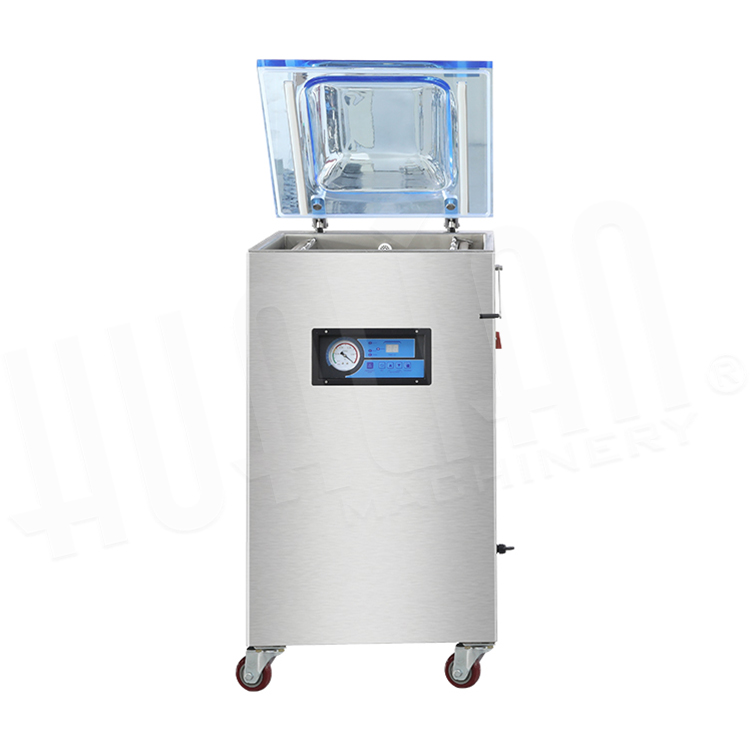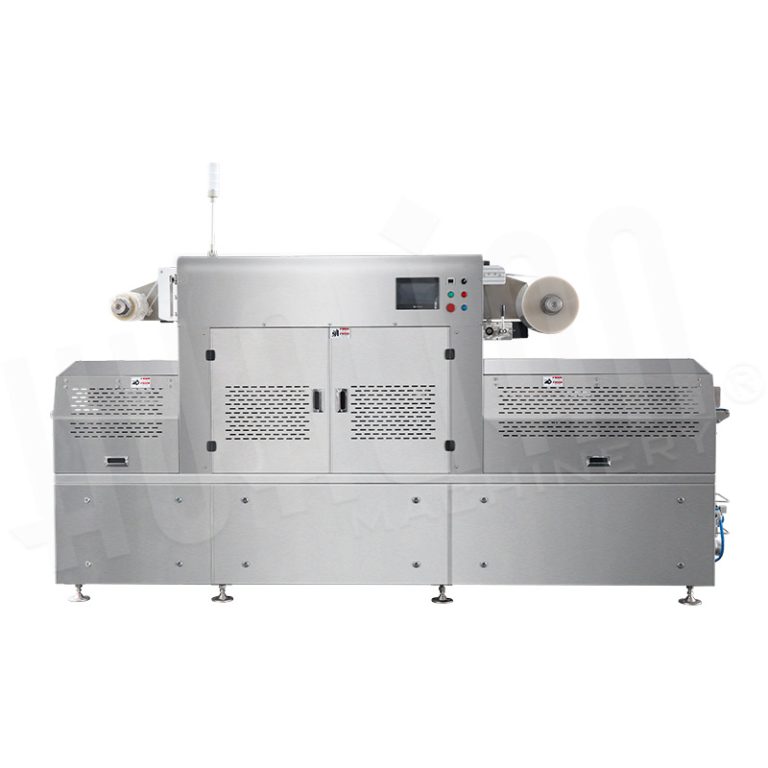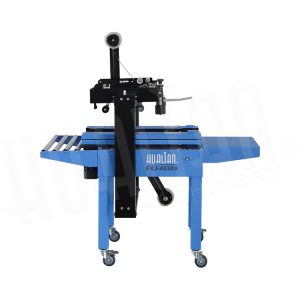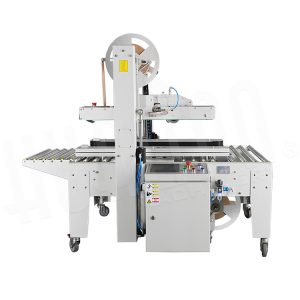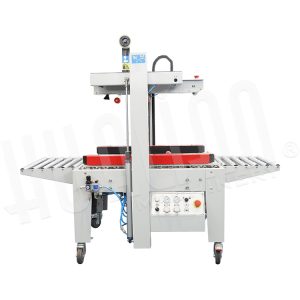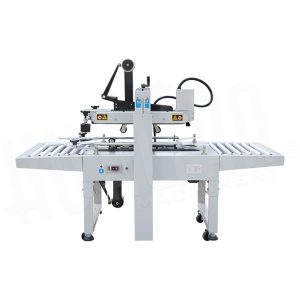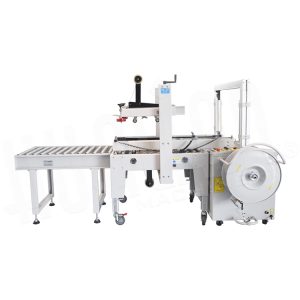In today’s fast-paced packaging environment, efficiency, consistency, and product integrity are more important than ever. Whether in food, pharmaceuticals, hardware, or consumer goods, packaging plays a vital role in protecting products and enhancing shelf appeal. Among various sealing machines available, the band sealer has become a go-to solution for businesses requiring high-speed, reliable, and airtight seals.
From vertical band sealers for liquids and powders to horizontal band sealers for solid and flat packages, these machines are known for their ability to produce continuous, high-quality seals with minimal operator effort. But what exactly is a band sealer, and how does it work? Let’s dive into the details.
Table of Contents
ToggleWhat Is a Band Sealer?
Discover Our Reliable And High-Speed Band Sealers
A band sealer is a type of sealing machine designed to seal thermoplastic materials such as polyethylene, polypropylene, and laminated films. Unlike impulse sealers that work in short bursts or manual sealers that rely on hand pressure, band sealers use a continuous conveyor system combined with heat and pressure to seal bags or pouches automatically.
They are typically used in medium to high-volume packaging operations and are valued for their ability to maintain consistent seal quality while dramatically increasing productivity. With adjustable temperature, speed, and pressure settings, band sealers offer reliable sealing for various materials and thicknesses.
Band sealers are commonly divided into two categories:
- Horizontal band sealers: Best for sealing flat and solid items like snacks or medical supplies.
- Vertical band sealers: Ideal for sealing bags containing powders or liquids, where the contents must remain upright during sealing.
How Does a Band Sealer Work?
Band sealers operate through a continuous six-step process, combining automation with precise control to ensure a clean, hermetic seal every time.

| Step | Description |
|---|---|
| Parameter Setup | Set temperature, speed, and pressure based on bag type to ensure good sealing quality. |
| Bag Placement | Place the filled bag on the conveyor; upright for vertical sealers, flat for horizontal ones. |
| Automatic Feeding | The conveyor moves the bag automatically into the sealing area. |
| Heat Sealing | Heated bands melt the bag’s inner layer to create a strong, airtight seal. |
| Cooling Section | The seal cools down with rollers or fans to make it strong and neat. |
| Finished Output | The sealed bag comes out, ready for packaging or shipping. |
Parameter Setup
Before sealing begins, operators configure the machine’s core parameters:
- Temperature: Based on the film material.
- Speed: According to bag size and sealing line throughput.
- Pressure: Set to ensure a firm but non-damaging seal.
These settings help standardize the sealing process, reducing human error and ensuring consistent quality across every bag.
Bag Placement
The operator places the filled bag or pouch on the infeed conveyor. For vertical band sealers, the bag remains upright, while horizontal machines position the pouch flat.
Automatic Feeding
The conveyor system automatically feeds the bag into the sealing area. This step eliminates the need for manual alignment, allowing the machine to maintain a continuous sealing cycle.
Heat Sealing
As the bag passes through the heated sealing bands, controlled temperature and pressure melt the inner layers of the packaging material, creating a strong, air-tight seal. This is the most critical phase where seal integrity is formed.
Cooling Section
Immediately after sealing, the bag moves into a cooling zone, where rollers or fans solidify the newly formed seal. Proper cooling ensures the seal sets evenly without distortion or weakening.
Finished Bag Output
The sealed bag exits the machine, ready for secondary packaging, labeling, or shipping. The seamless operation makes band sealers an ideal choice for production lines requiring consistent, high-volume output.
Upgrade Your Packaging Efficiency Today!
Conclusion
In summary, a band sealer is a versatile, automated sealing machine that significantly enhances packaging efficiency and quality. Whether you choose a vertical band sealer for liquids or a horizontal model for flat goods, the benefits remain the same: speed, consistency, and seal reliability.
By understanding how band sealers work—from parameter setup to finished output—you can make informed decisions when integrating them into your packaging line. For businesses aiming to scale up without compromising on packaging integrity, band sealers are an indispensable tool.



